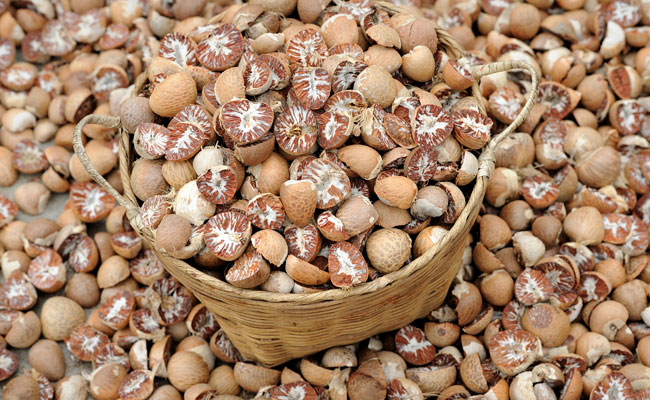
Areca nuts: ‘Hike in minimum import price to raise domestic demand’
Sai Nikesh | The Dollar Business
In a move to contain inbound shipments of Arecanuts, the Department of Commerce, Government of India, has decided to increase the Minimum Import Price (MIP) on import of Areca nuts from existing Rs 110/- per kg to Rs 162/- per kg with immediate effect. The government’s decision was taken on account of unabated imports of Areca nuts from countries such as Indonesia and Myanmar that are taking advantage of low import duty provided to them under South Asian Free Trade Area (SAFTA). Further to prevent entry of inferior quality of the commodity into Indian market that would de-stabilize the domestic prices, the Food Safety and Standards Authority of India (FSSAI) has also directed its officials to strictly adhere to quality specifications while clearing import consignments. The Customs Authority was also directed to check the rules of origin while allowing the consignments into India, in order to avoid entry of commodity from non-SAFTA countries through neighbouring countries under SAFTA. The government’s move was welcomed by the industry which felt that this would create good business for the domestic growers. Speaking to The Dollar Business, Pramod Kumar, DGM, Campco Ltd., said, “The hike in MIP to Rs 162/- per kg will benefit Indian Areca nut growers who have been producing the commodity at a superior quality than the one being imported.” He went on to explain that quality of domestic produce has always been superior due to plantation growing process, which involved various stages like processing, storage, among others, aimed at ensuring a quality output. Whereas, the quality of imported commodity remained inferior being mostly of a direct forest produce, which is later mixed with the domestic produce after being imported, he added. And, the lower MIP benefited mostly the ‘Gutka and Pan’ manufacturers who usually opt for an inferior quality that would be available at lower prices and for this purpose, they go for imported commodity instead of the superior quality produced domestically. At existing MIP, if they could get imported commodity (inferior quality) at around Rs 225/- per kg, the superior quality produced domestically was priced around Rs 270/- per kg, because of which the domestic market had to face demand crunch. However, the hike in MIP will come as a relief to the domestic growers as the move would control imports, thereby, creating a scope for increase in production and demand in the domestic market.
June 03, 2015 | 06:08 pm IST.





 to success.
to success.